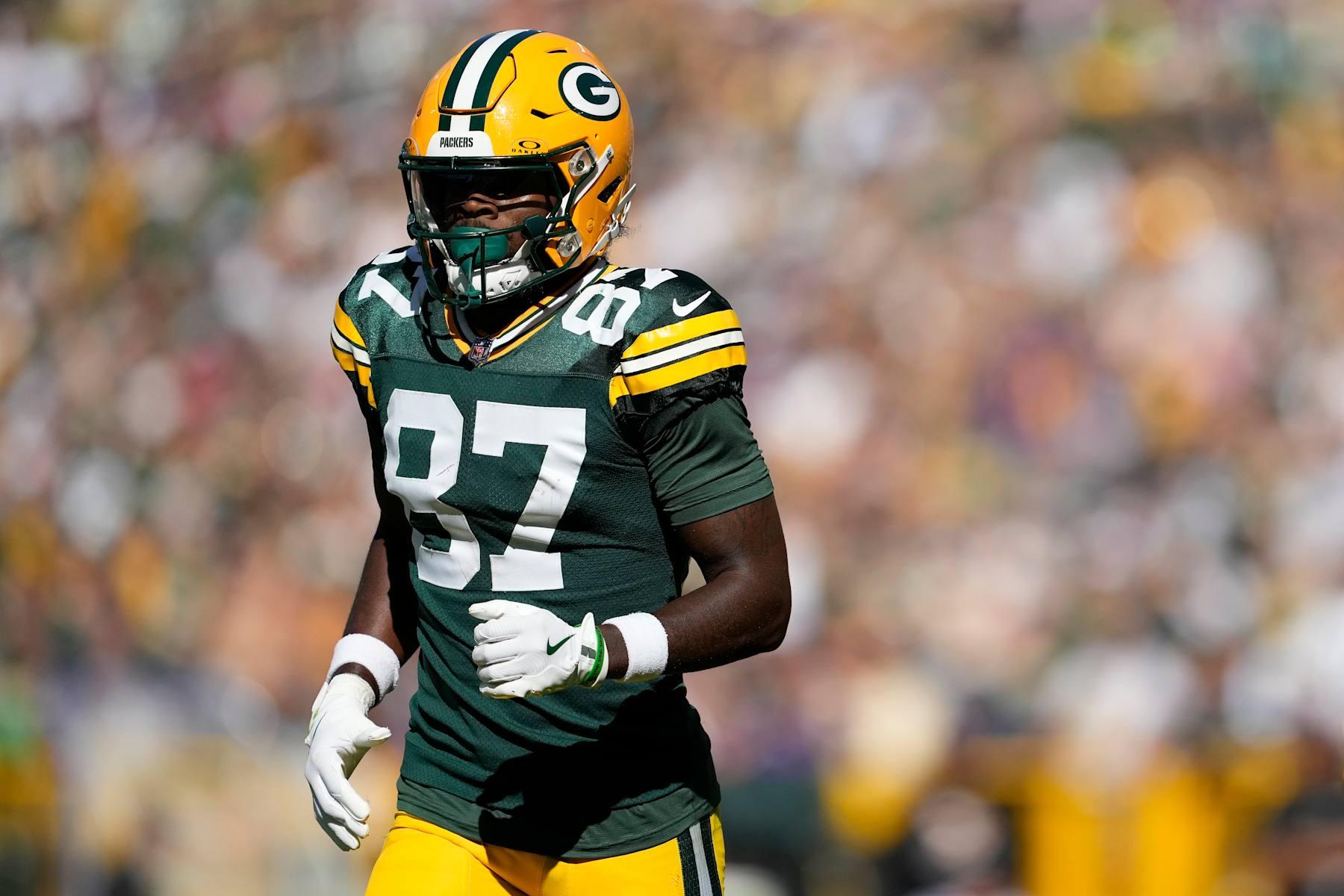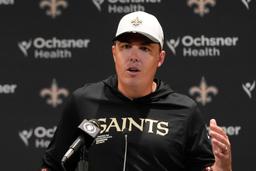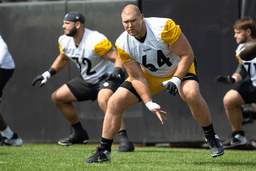Clark Hunt’s Controversial Ban on Tim Cook, LGBT Influencers at Arrowhead Sparks Outrage
Kansas City, MO – June 18, 2025
In a bombshell announcement that has sent shockwaves through the NFL, Kansas City Chiefs Chairman and CEO Clark Hunt declared that prominent LGBT influencers, including Apple CEO Tim Cook, will be barred from official events and appearances at GEHA Field at Arrowhead Stadium for the 2025 season. The decision, unveiled during a pre-training camp press conference, has ignited fierce debate and put the Chiefs under intense scrutiny.
Hunt’s statement was blunt and unapologetic. “Arrowhead is a place for football, not politics or personal agendas,” he told reporters, offering little elaboration. The remarks, confirmed by the Chiefs’ front office, triggered an immediate firestorm, with fans, activists, and corporate partners grappling with the implications for inclusion in America’s most storied sports league.
The move targets high-profile figures like Cook, who publicly came out as gay in 2014, alongside other unnamed LGBT influencers. No specific incidents or behaviors were cited as justification, leaving many to question the rationale behind the ban. The Chiefs, fresh off a 12-5 season and an AFC Championship appearance in 2024, now face a public relations crisis as they prepare for a Super Bowl LX push.

Social Media Erupts, Dividing Chiefs Kingdom
The news exploded online, with hashtags like #ArrowheadGate, #HuntBan, and #TimCook trending on X within hours. Reactions ranged from fervent support to vehement condemnation, exposing a deep rift among fans and observers.
Apple, through a spokesperson, issued a measured response: “Tim Cook and Apple remain committed to fostering inclusion and equality in all spaces, including sports.” The Human Rights Campaign (HRC) was more direct, slamming the decision as “a deliberate attack on visibility and progress.” Meanwhile, conservative commentators praised Hunt, with one X post from @PatriotGridiron declaring, “Kudos to Clark Hunt for keeping football about the game, not woke politics.”
Chiefs fans, known for their unwavering loyalty, found themselves split. “I just want to watch Mahomes throw touchdowns, not deal with this drama,” tweeted @KCGridiron. Others, like @Chiefs4All, expressed dismay: “This isn’t the Chiefs I love. Banning people for who they are? That’s not Kansas City.”
Sponsors and NFL Face Pressure
Arrowhead Stadium, one of the NFL’s iconic venues, is backed by major sponsors like GEHA, Bud Light, and Nike, all now facing calls to address their ties with the Chiefs. Social media campaigns urging boycotts gained traction, with @EqualPlayNow demanding, “Will Nike stand for inclusion or stay silent?”
Insiders, speaking anonymously to FanHub, revealed the NFL is “closely monitoring” the situation. The league, which has championed diversity through initiatives like the “Football is for Everyone” campaign, may issue a statement if public backlash intensifies. Legal experts note that private teams can set their own guest policies, but the reputational and financial risks—especially for a high-profile franchise like the Chiefs—could force a reversal.
A Team at a Crossroads
The controversy comes at a critical juncture for the Chiefs, who boast an 8-3 record in 2025, led by Patrick Mahomes and a revitalized defense under Chris Jones. Hunt’s decision risks alienating fans and players, some of whom have publicly supported inclusivity. Tight end Travis Kelce, a vocal advocate for social causes, posted cryptically on X: “Football’s about bringing people together. Let’s keep it that way.”
The ban’s timing, just weeks before training camp, has also raised eyebrows. Some speculate it’s a calculated move to appeal to a segment of the fanbase amid debates over the NFL’s social messaging. Others see it as a misstep that could overshadow the team’s on-field goals.
Hunt, whose family has owned the Chiefs since their founding in 1960, has yet to address the backlash directly. His focus on “football over politics” echoes sentiments from some fans but clashes with the NFL’s broader push for diversity. As Kansas City braces for a pivotal season, the Arrowhead ban threatens to redefine the Chiefs’ identity—both on and off the field.












